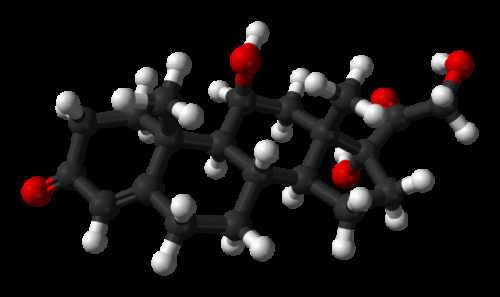Stress hormone cortisol link with psychosis

JCU Associate Professor Zoltan Sarnyai said it was the first meta-analysis study to compare the level of cortisol in a waking patient's body with the stage of schizophrenia they are suffering.
Dr Sarnyai said it means doctors may be able to eventually identify those who will develop full-blown psychosis from amongst those who present with early stages of the disease.
"Only some 20 to 30 per cent of individuals who are at high-risk of developing psychosis due to their clinical presentation or family history actually do so. Identifying those people early is where the cortisol measurement comes in.
"Biomarkers are very few and far between in psychiatry, so even though a huge amount of work is still needed, this could become a valuable technique," said Dr Sarnyai.
Researchers at the Psychiatric Neuroscience Laboratory at the Australian Institute of Tropical Health and Medicine (AITHM) at JCU, conducted a meta-analysis of 11 studies.
The resulting paper, published in Neuroscience & Biobehavioral Reviews, shows that patients have different levels of the stress hormone after awakening (Cortisol Awakening Response, CAR) relative to healthy controls.
Co-author of the study, JCU's Dr Maximus Berger, said scientists had suspected cortisol had a role in psychotic disorders for a long time, but until now, some results had been contradictory.
"We were able to show that patients with psychosis fail to produce cortisol after they wake up in the morning. We found this even in patients with recent onset of the illness," said Dr Berger.
The paper identified some evidence to suggest that high-risk individuals who later develop psychosis already have changes in cortisol before they develop the illness.
Dr Sarnyai said low CAR levels are also an indicator of risk for other chronic diseases and have been linked to systemic inflammation and changes in the gut flora—which meant there was the potential for early diagnosis and treatment of these conditions too.
More information: Maximus Berger et al, Cortisol Awakening Response in Patients with Psychosis: Systematic Review and Meta-Analysis, Neuroscience & Biobehavioral Reviews (2016). DOI: 10.1016/j.neubiorev.2016.05.027



















